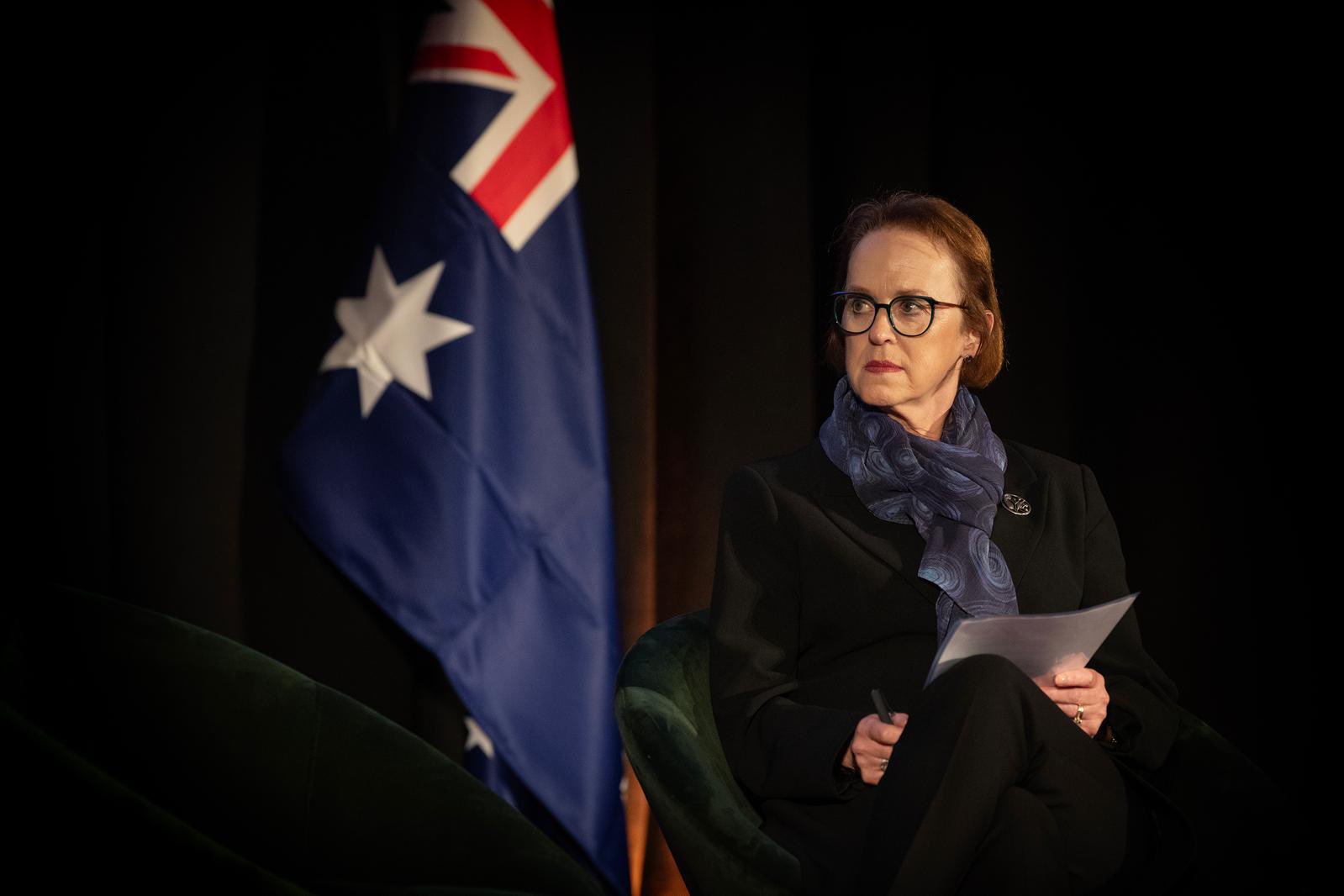Global Assembly
GA Member
- Jun 22, 2023
- 66
 | ASSEMBLY GLOBAL ASSEMBLY |
| CONVOCATION | |
| Body: | Plenary |
| Chair: | Deputy Secretary-General Shashi Tharoor |
| Activity: Date: | Debate September 2005 | (20/12/2024) |
| Subject: Agenda item: | Opening of the 11th Session of the Assembly TEXT |
| Agenda item: | Opening statement by the Secretary-General of the Global Assembly |
| Agenda item: | General Debate |
| Agenda item: | Closing statement by the Deputy Secretary-General of the Global Assembly |










